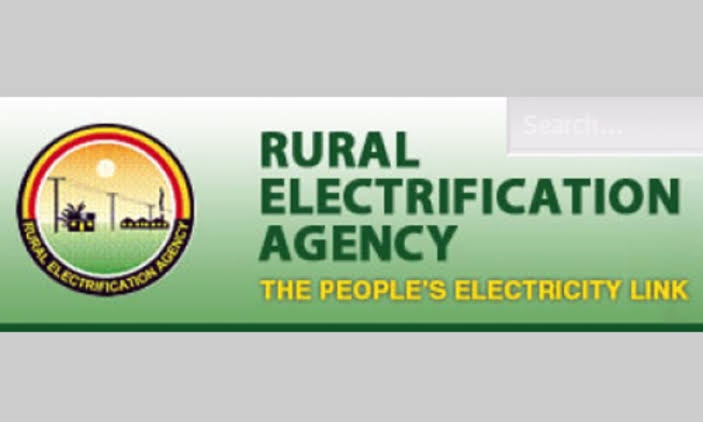The Rural Electrification Agency (REA) of Nigeria has formalized a series of memoranda of understanding (MOUs) with multiple investment partners to mobilize approximately ₦500 billion in funding for off-grid renewable energy projects. The agreements were signed in Abuja during a high-level energy and infrastructure summit, signaling strong momentum toward Nigeria’s decarbonization agenda and rural electrification goals.
By the terms of the MOUs, REA will collaborate with private investors including clean energy funds, development finance institutions, and local solar investors to deploy mini-grid and distributed solar systems in underserved communities. The funds are earmarked for hybrid solar-storage mini-grids, standalone home solar kits, and solar-powered streetlighting solutions targeting both residential and commercial users across rural areas and semi-urban clusters. The initiative is expected to benefit upwards of 250,000 households and facilitate clean, affordable electricity access to off-grid communities that currently rely on generators or lack power completely.

REA Director-General Shedrack Gaya described the investment framework as a national game changer. He said the agency’s strategic partnerships are structured to catalyze new private-sector-led energy infrastructure while leveraging concessional financing and technical support to guarantee long-term sustainability. Under the agreements, investors will provide equity and debt financing, while REA is responsible for project coordination, regulatory facilitation, and providing subsidy support where needed to ensure project bankability.
The MOUs underscore Nigeria’s broader electrification strategy, aligned with government targets of achieving universal access by 2030 and reducing greenhouse gas emissions as part of global climate commitments. A portion of the ₦500 billion fund is reserved specifically for integrating clean cooking solutions—such as solar-powered cookstoves and clean biomass systems—to complement solar electrification and reduce indoor air pollution.
Representatives from signing partners highlighted their confidence in Nigeria’s renewables market opportunity. A senior official from one development finance institution noted that the REA’s hybrid mini-grid model has demonstrated strong scalability across diversified terrain and consumer clusters. Another private sector partner remarked that aligning finance, capacity building, and community engagement was key to minimizing non-performing assets in mini-grid financing—a challenge often encountered in similar markets.
The investment programme is also designed to enhance income-generating opportunities for beneficiaries. Projects will bundle productive-use appliances—such as cold storage units, water pumps, agro-epicenter equipment, and digital kiosks—with solar systems to expand household and microenterprise earnings. Subsidized tariffs and flexible payment plans through pay-as-you-go platforms will ensure affordability while addressing cash flow constraints common to rural households.
REA has also committed to tracking the social and economic impacts of the installations. Baseline surveys and impact assessments will measure key indicators such as reduction in generator use, electrification rates, business creation, female-led income generation, and school study hours. Solar suppliers and community operators will be held to service-level agreements around uptime, billing accuracy, data usage reporting, and technical maintenance.
Stakeholders believe the funding mechanism marks a departure from previous single-donor grants or limited-use financing models. By combining long-tenor debt, equity capital, and subsidy blending, the framework is designed to unlock institutional-scale investment in renewable energy while reducing government fiscal exposure. Project structures include cross-subsidization protocols, repayment assurances, and partial guarantees to enable investor confidence in new operating environments.
Challenges remain, including regulatory bottlenecks, intermittent foreign exchange liquidity, and risks around land acquisition and permissions. Yet REA officials affirmed that the agency will assist in fast-tracking approvals, simplify licensing for site development, and coordinate with state governments and local communities to smooth implementation.
To support the initiative, REA is collaborating with training partners to build local capacity among solar technicians, community administrators, and meter-reading personnel. Certification programs and skills development offerings aim to professionalize rural energy entrepreneurs and ensure maintenance capabilities are available in project locations.
The investment framework has been lauded by clean energy advocates and humanitarian groups working in resilience and poverty reduction. They argue that clean power access addresses not just household comfort but also benefits in health, education, food security, and entrepreneurial growth. The inclusion of productive use components in the models is expected to accelerate economic activity where power is linked to business creation.
Looking ahead, implementation is planned in three phases over a five-year horizon. Phase one will target priority states with high energy deficits and latent productive demand. Subsequent phases will scale into additional states, retreating with lessons learned from early sites. REA anticipates that successful pilots will attract further optical financing and follow-on investments.
In sum, the REA’s signing of MOUs to secure ₦500 billion in renewable energy investment is more than a funding milestone—it is a strategic pivot toward delivering clean energy, expanding access, and anchoring rural electrification within a sustainable, investor-friendly framework. If executed effectively, this initiative has the capacity to transform Nigeria’s off-grid electrification landscape and support livelihoods while advancing climate resilience goals.
Support InfoStride News' Credible Journalism: Only credible journalism can guarantee a fair, accountable and transparent society, including democracy and government. It involves a lot of efforts and money. We need your support. Click here to Donate
